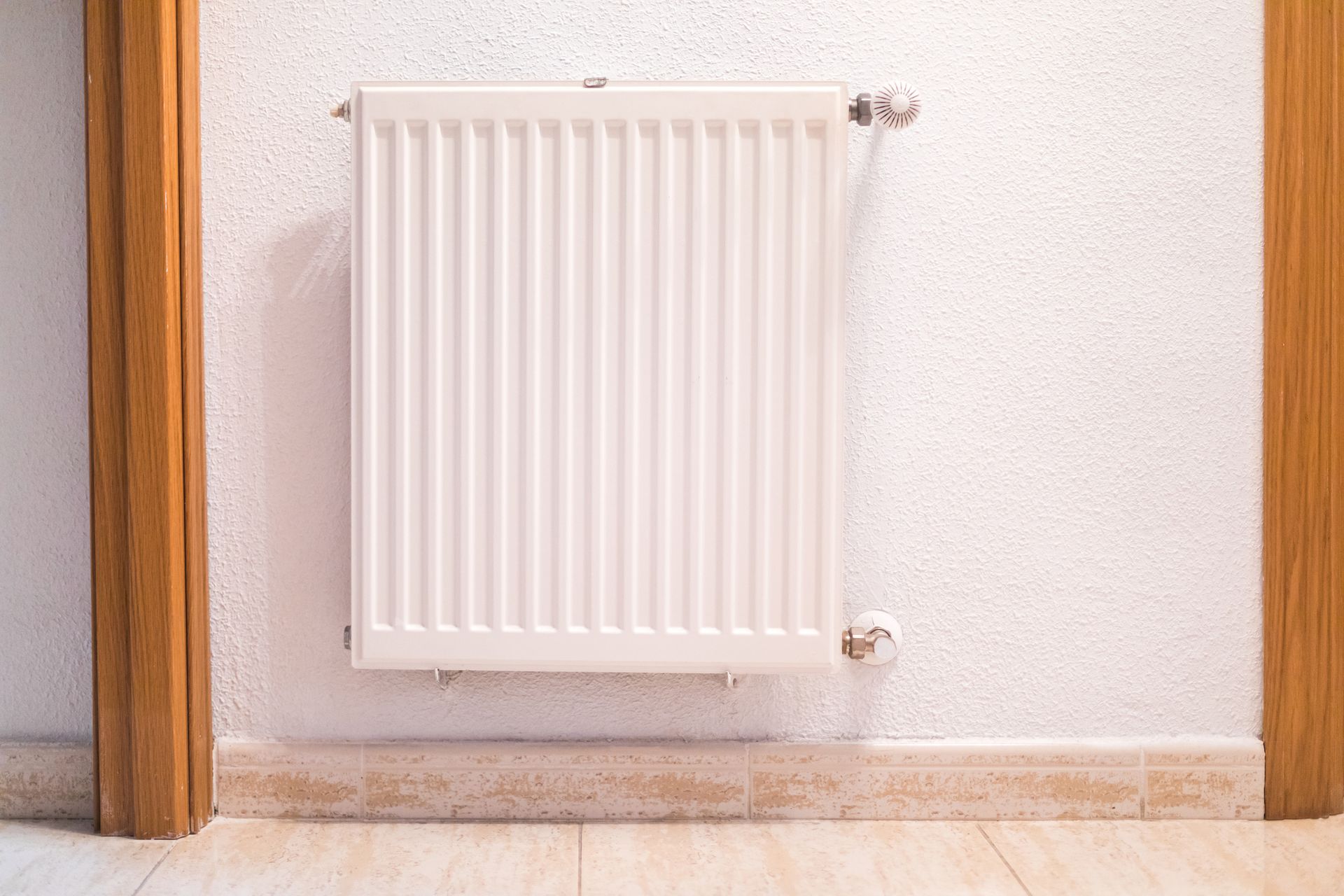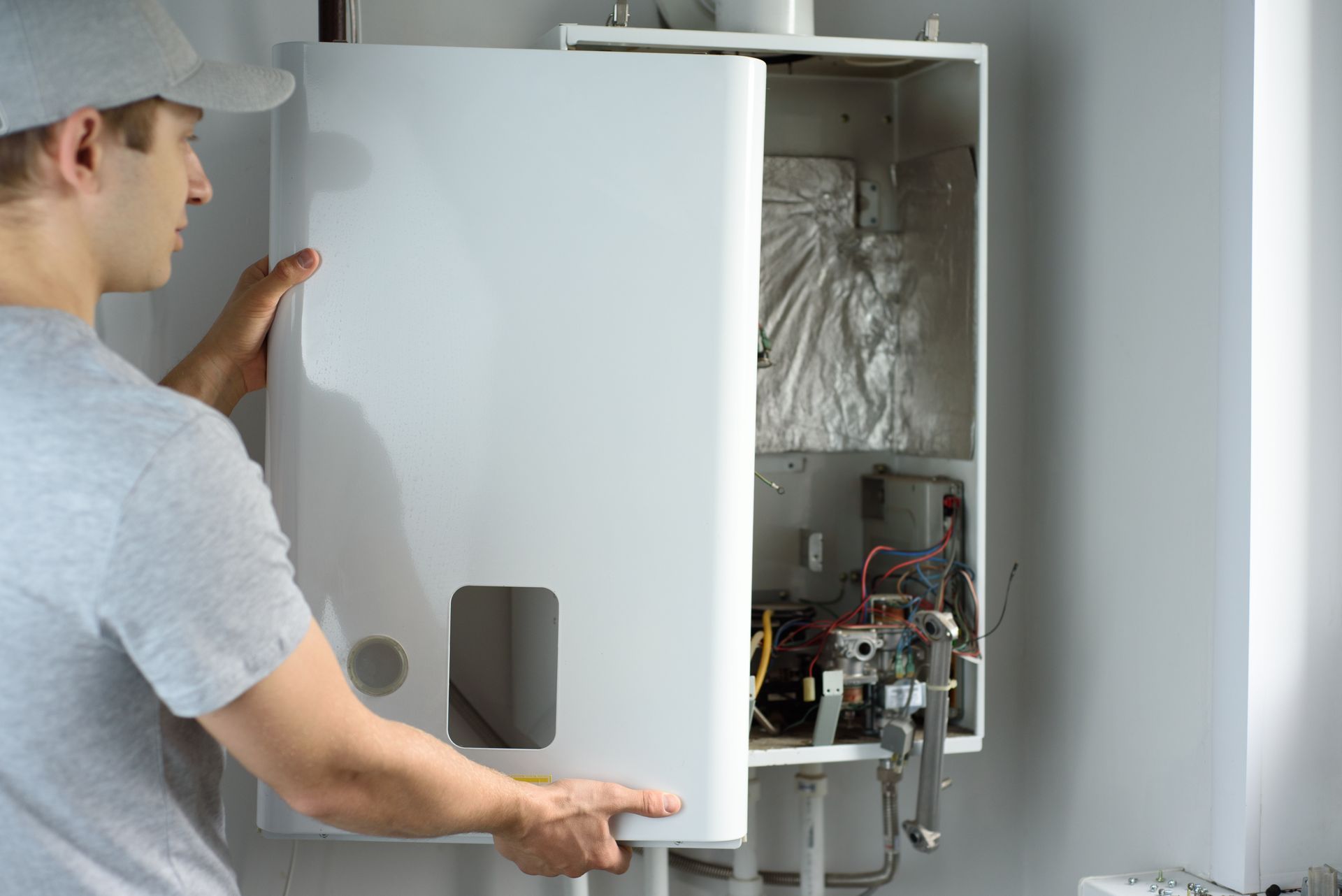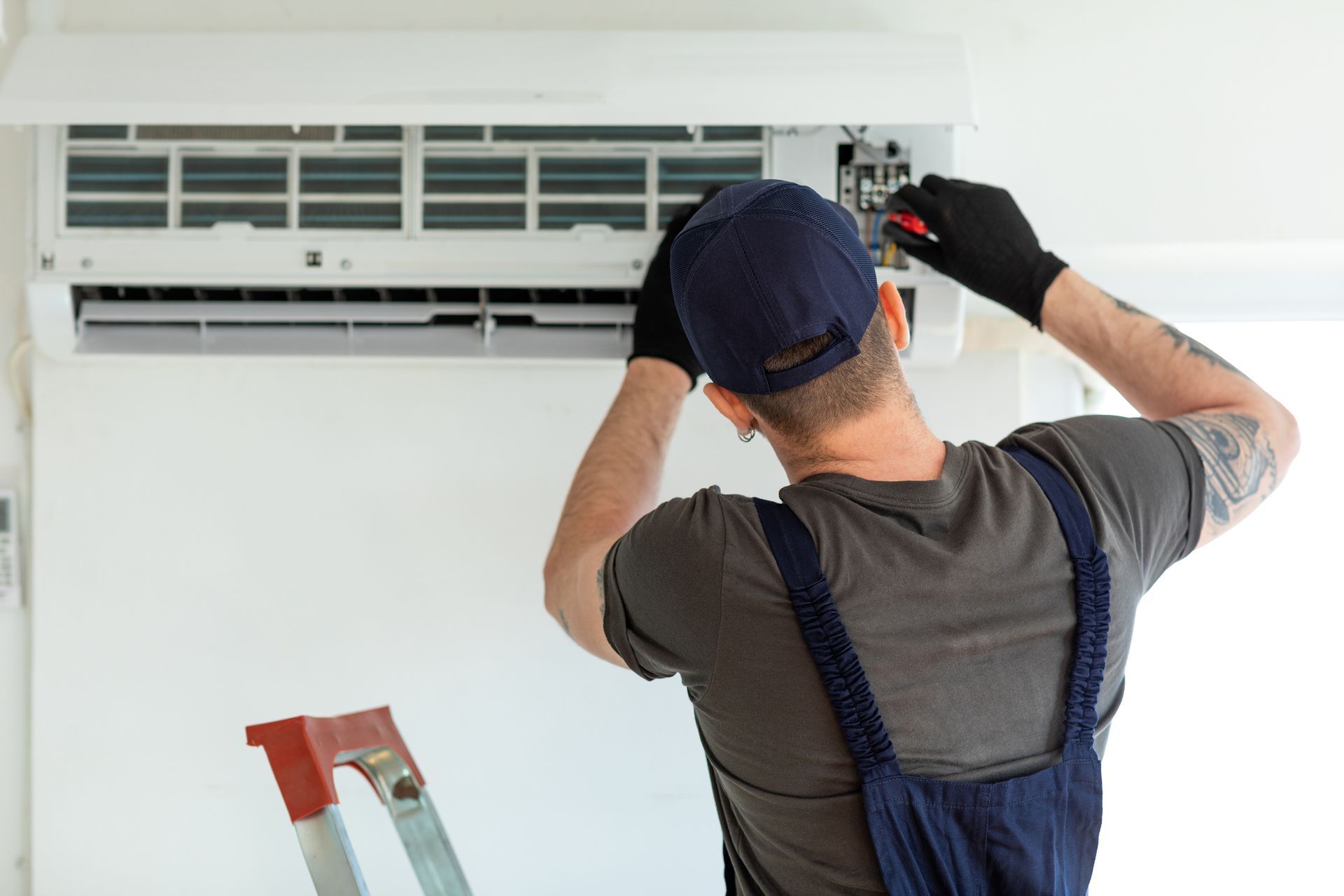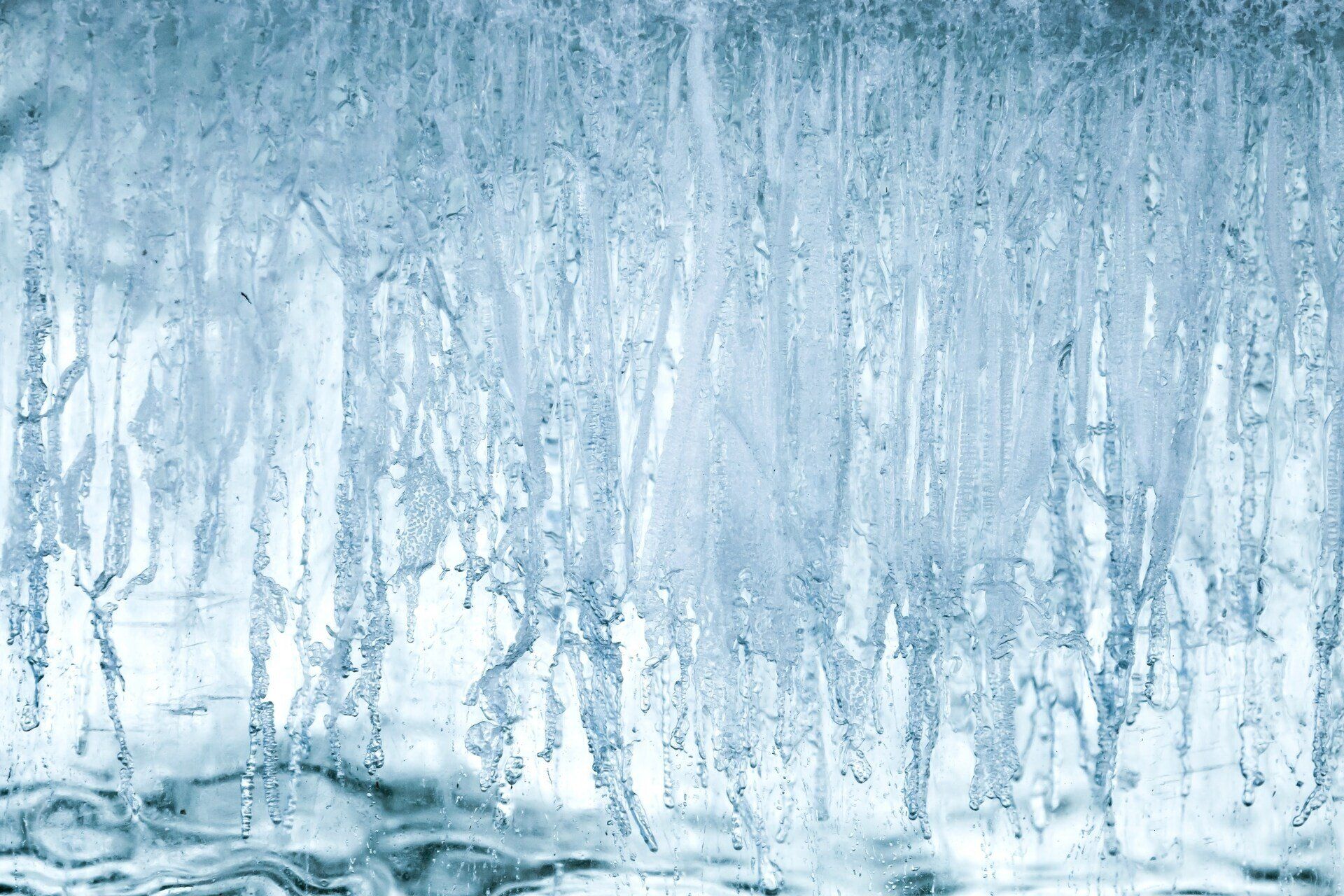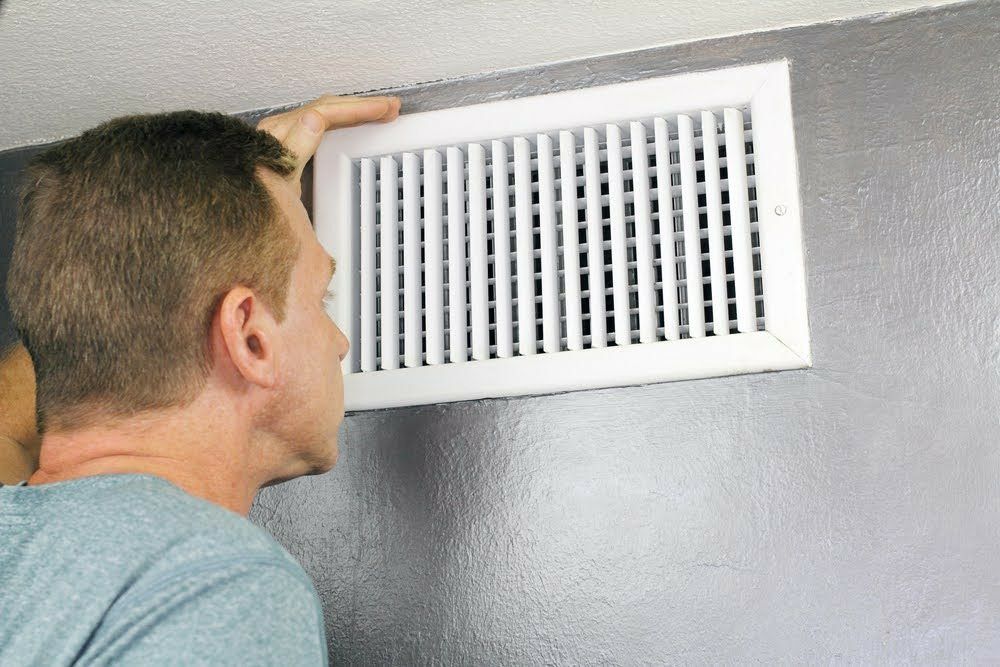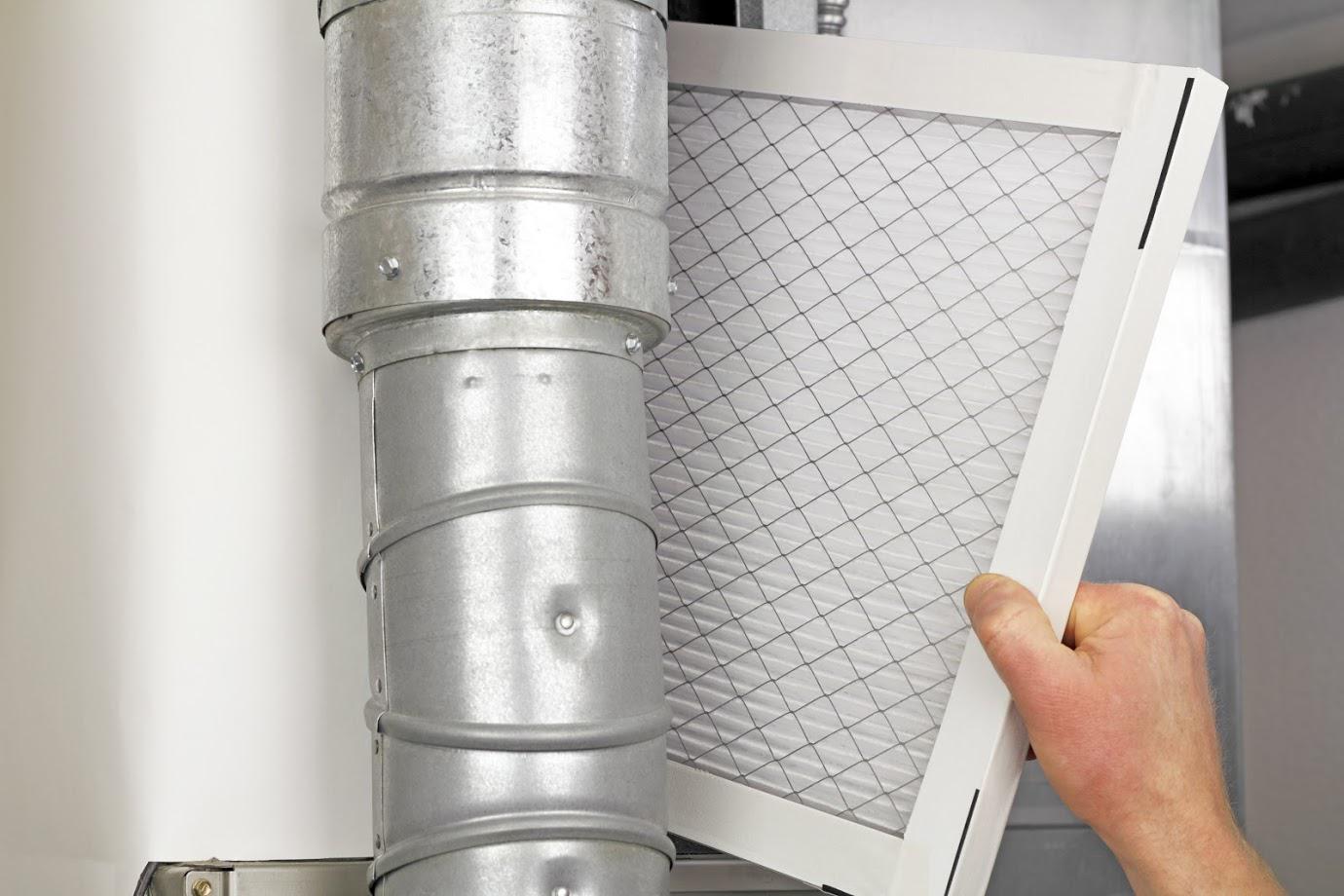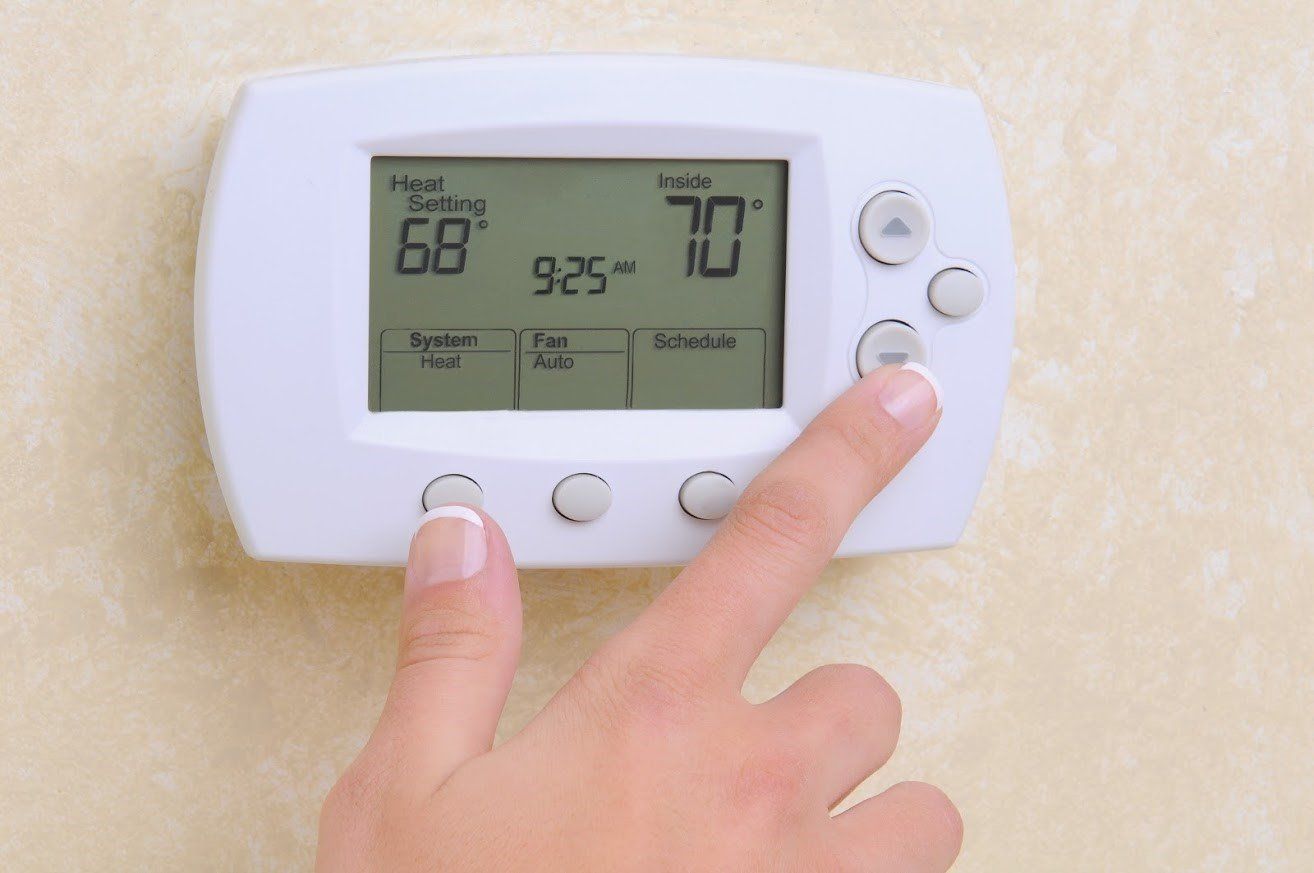What You Should Know About Your Furnace Heat Exchanger
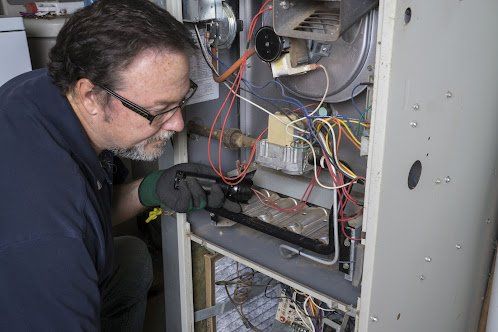
The most recent Residential Energy Consumption Survey found that gas furnaces are the primary source of heat for 47 percent of U.S. homes. The inner workings of a modern furnace require years of technical training to understand completely, but the heat exchanger is one component that is fairly simple. Here's what you should know about your furnace heat exchanger to heat your home safely and avoid common heat exchanger problems.
What is a Furnace Heat Exchanger?
The heat exchanger is one of the most important parts of a furnace, and your furnace wouldn't work without it. It is the component responsible for transferring the heat from the combustion chamber of your furnace to the air inside your home.
When you start up your furnace, fuel ignites inside the combustion chamber and hot, gaseous combustion byproducts enter the heat exchanger. The hot gas heats up conductive metal in the heat exchanger, which then heats up the air from your furnace blower. This design allows the heat from the fuel burning in your furnace to heat your home while harmful combustion byproducts are safely routed outside.
Are There Different Types of Heat Exchangers?
Furnace heat exchangers are primarily found in two varieties: tube-type heat exchangers and plate heat exchangers. Tube-type heat exchangers consist of a metal pipe that runs between the furnace burner and an exhaust flue. Hot combustion gases travel through the tube, and heat is transferred to the air around the pipe. Tube-type heat exchangers are the simplest design, and they are very reliable thanks to their few points of potential failure.
Plate heat exchangers expel combustion gases through small bundles of thin metal plates. The plates are arranged in pairs to create two separate channels, one for the exhaust gases and one for the air that is to be heated and circulated through your home. Plate heat exchangers are efficient because they have a high amount of surface area relative to their compact size.
What Are the Risks of a Damaged Heat Exchanger?
Running your furnace with a damaged heat exchanger could be a disaster waiting to happen. Factors such as age and corrosion can cause small cracks to appear in the heat exchanger. A cracked heat exchanger could allow carbon monoxide and other harmful gases to leak into your home.
Carbon monoxide is odorless and colorless, but gas suppliers use additives in the gas delivered to your home so that it will have a distinct, detectable smell. If you smell gas around your furnace, turn off your furnace immediately. Use windows and exhaust fans to ventilate your home, and call an HVAC technician to inspect your furnace as soon as possible.
How Do You Maintain Your Furnace Heat Exchanger?
Furnace heat exchangers are not in an accessible location for homeowners to clean or otherwise service, nor is it recommended to do so. Attempting to clean or repair the heat exchanger on your own is a safety hazard and could damage other sensitive components inside your furnace.
Heat exchanger maintenance should be a part of routine maintenance service by a qualified HVAC professional. Regular professional furnace maintenance will give you an advanced warning before cracks or other serious problems develop with your furnace heat exchanger and keep your furnace running like new for years to come.
Learning more about how your furnace works can help you heat your home more efficiently and recognize common furnace issues. If you notice excess soot, rattling noises, or the smell of gas around your furnace, it's time to have your furnace heat exchanger inspected by a professional. Contact the pros at Northwest Heating & Air Conditioning Inc for all of your furnace service needs!


